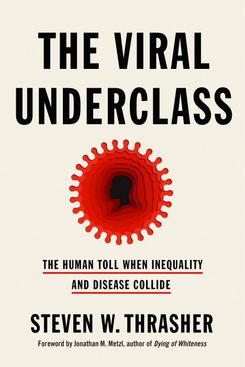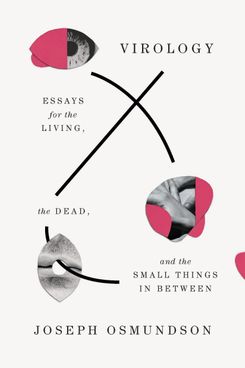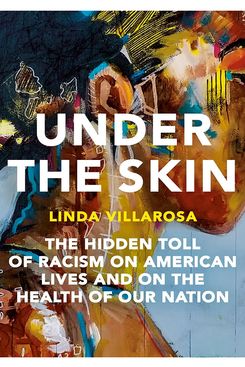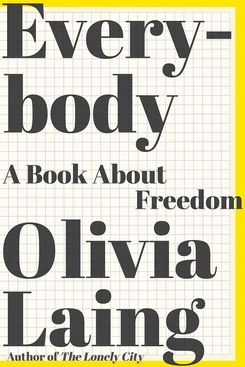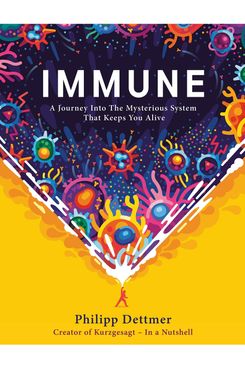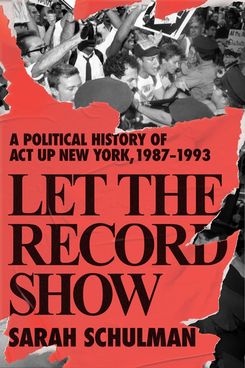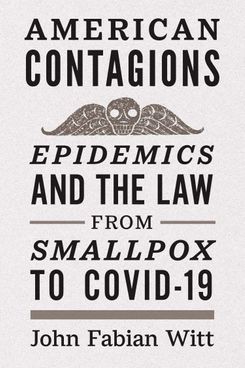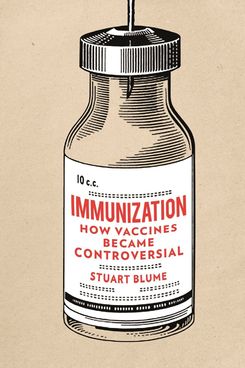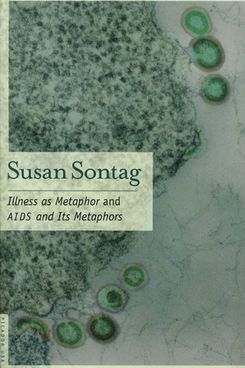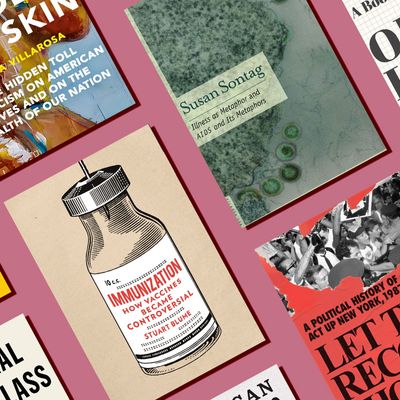
Among the many things the pandemic has illuminated is the fact that we as a country (and world) are bad at handling pandemics. Whether you’re still contending with Covid, worrying about our country’s unwillingness to learn and prepare for the next major health crisis, or just someone who enjoys reading about virology, here’s a selection of books that introduce a wider historical context for the way we deal with global illness. They also offer a glimpse of hope! Remember those?!
The perfect book for this moment in time. Using his years of studying the effects of the HIV epidemic, Thrasher shows how viral epidemics expose the flaws in the modern American social system in the forms of racism, homophobia, classism, and ableism. Combining years of research with the personal stories of people living with these diseases or fighting for justice for those who are, this book speaks perfectly to the intersection of virology and activism.
“Being queer is a legacy and a history of care even in the face of systemic oppression, violence, murder, and viral disease.”
Joseph Osmundson uses his training as a virologist to illustrate how viruses have shaped and will continue to shape our lives, with language that is gripping and straightforward. Scientifically sound and exceptionally perceptive, I especially loved Osmundson’s focus on how these waves of viral infection affect the queer community (particularly in the time of monkeypox), who “never lose sight of pleasure, even when both the present and the future seem impossible.”
A combination of heartbreaking personal stories and research carefully collected, Under the Skin is a sobering look at how deeply entrenched medical racism is in the United States. Linda Villarosa, writer for The New York Times Magazine and contributor to “The 1619 Project,” exposes the way commonly held fallacies about Black bodies and their “otherness,”
rooted in the days of slavery, continue to harm the Black population in America.
Who gets to make choices about their own bodies, and what gives people the right to think they can control others? A meditation on the necessity of bodily autonomy as a basic human right, this hybrid of memoir and criticism is more vital than ever considering the near-constant threats to bodily autonomy of marginalized communities in the U.S. Once again exerting her masterful ability to write compelling nonfiction and cut to the heart of the human experience, Olivia Laing reminds us that all bodies deserve freedom to exist and make decisions for themselves, and explores why that freedom is so hard to find.
This is the perfect book for anyone who wants to know more about how our bodies work without being overwhelmed by dense technical jargon. Dettmer’s accessible language and engaging graphics make it easy and enjoyable to learn how the human immune system works to protect us tirelessly from disease and infection.
A definitive text for anyone who’s interested in activism by Sarah Schulman, the longtime queer activist and prolific writer. Based on more than 200 interviews she conducted over the course of years, Let the Record Show tells the history of the legendary activist group ACT UP and how it managed to enact major change during the AIDS epidemic by using community organization. Let the Record Show remains more relevant than ever.
A brief but impactful read about the ways the American legal system has dealt with epidemics throughout history, American Contagions is eye-opening. While many politicians make claims about American “traditions,” author John Fabian Witt makes clear that the myth of American individualism as it pertains to public health is a fairly recent development, with its origins in the 20th century. Witt offers tips for how we can move forward effectively, by detailing how the decentralized government response to COVID was ineffective compared to past examples and pointing out the glaring systemic inequality that has become embedded in American law: “The United States has often occupied two positions at once: one approach for those with political clout, and another for everyone else.”
The COVID-19 pandemic reignited debate over the efficacy and dangers of vaccination. Taking a historical look at the study of inoculation, from pioneers like Louis Pasteur up to the present day, Stuart Blume’s history is a trenchant overview of how vaccination came to be controversial, providing much-needed perspective on the hysteria that surrounds it.
Sontag wrote Illness As Metaphor while she was undergoing cancer treatment and trying to unravel the many myths and stigmas surrounding illness, which often prevent people from seeking appropriate care and intensify their suffering. AIDS and Its Metaphors serves as a follow-up to the first essay, updated for a new era where the spread of a mystery disease was surrounded by moral judgment. These two works of criticism, written roughly a decade apart, remain as searing as they were upon first publication.
